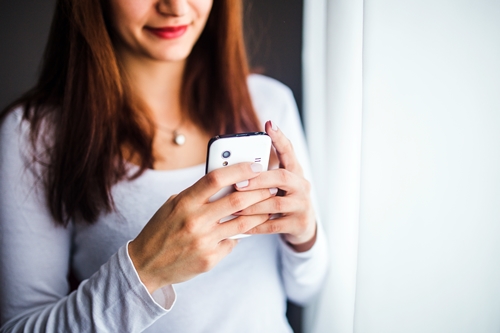6 December 2016. Many mobile apps designed to help manage one’s health are not assisting people in most need of that help and often do not appropriately respond to information with dangerous consequences. Those are the conclusions of researchers from University of Michigan and Brigham and Women’s Hospital that appear in the December 2016 issue of the journal Health Affairs (paid subscription required).
The team led by health informatics professor Karandeep Singh at University of Michigan Medical School sought to evaluate the state of apps for smartphones and tablets that claim to help individuals with chronic health problems manage their conditions. Singh and colleagues focused particularly on apps receiving high ratings and recommendations from their users, numbering 137 and readily available from Apple’s and Google’s app stores. User ratings are likely important in selecting an app, say the authors, since medical societies, health agencies, and insurers today largely avoid recommending specific apps.
The apps reviewed are designed for people with asthma, arthritis, diabetes, obesity, high blood pressure, lung disease, liver disease, kidney disease, and heart failure. Other apps are written for individuals recovering from stroke or cancer. Still more apps address neurological conditions such as addiction to drugs, alcohol, and tobacco, as well as people living with chronic pain, depression, memory loss, or dementia.
The researchers found some conditions affecting large numbers of people with few apps to help them out. Individuals with diabetes or depression have a variety of apps to choose from, say the authors, but older people and those with arthritis and chronic pain, can find few highly-rated mobile apps. These populations, says the team, could benefit from better choices in apps, which could also have public health consequences.
Most (121) of the 137 high-quality apps allow their users to enter information, such as blood glucose levels or feelings and emotions, but the researchers found a mixed pattern in the way these apps responded to entered data if they reported dangerous conditions. The authors say the few apps designed for older individuals, and about half of the apps assisting people with asthma and stroke seemed to respond properly when values in dangerous ranges were entered.
However, only 28 of the 121 apps accepting user input responded appropriately to dangerous values, such as very low blood sugar or abnormally high blood pressure. Likewise, many apps recording moods and emotions, say the authors, did not respond appropriately to reports of suicidal thoughts or moods.
Among the benefits of mobile apps is the ability to track progress toward goals and provide alerts, reminders, and other feedback. While many of the apps, the researchers report, provide these functions, few of the apps offer tailored guidance based on the data entered by the user.
Another benefit of mobile apps is the sharing of health data with caregivers or health care providers, with half of the apps using e-mail and 1 in 6 (17%) with text messaging. The team evaluated these apps in 2015 after Apple and Google began offering secure transmission of health data, but less than half of the apps with this capability use these secure data sharing options. About two-thirds of the apps have written privacy policies, which the authors say is an improvement over previous reports.
The authors identify the need for professional societies and health authorities to become more proactive in recommending apps to individuals, rather than leaving evaluations to collections of user ratings. “We found that the consumer-generated rating on the app store is a very poor marker of how usable an app is, and whether a physician would recommend it,” says Singh in a university statement. “Going forward, we need to evaluate apps on the basis of what would it take for physicians, and organizations that issue clinical guidelines, to start recommending them to patients.”
Read more:
- FDA Holding Opioid Overdose App Competition
- Heart Research Built Into Personalized Activity Tracker
- Phone-Linked Glucose Meter Shows Health, Monetary Benefits
- Cancer Center Tests Mobile Patient Tracking
- App Evaluates Chest Pain Patients for Discharge
* * *


 RSS - Posts
RSS - Posts
[…] Many Health Apps Found Not Helping People in Need […]